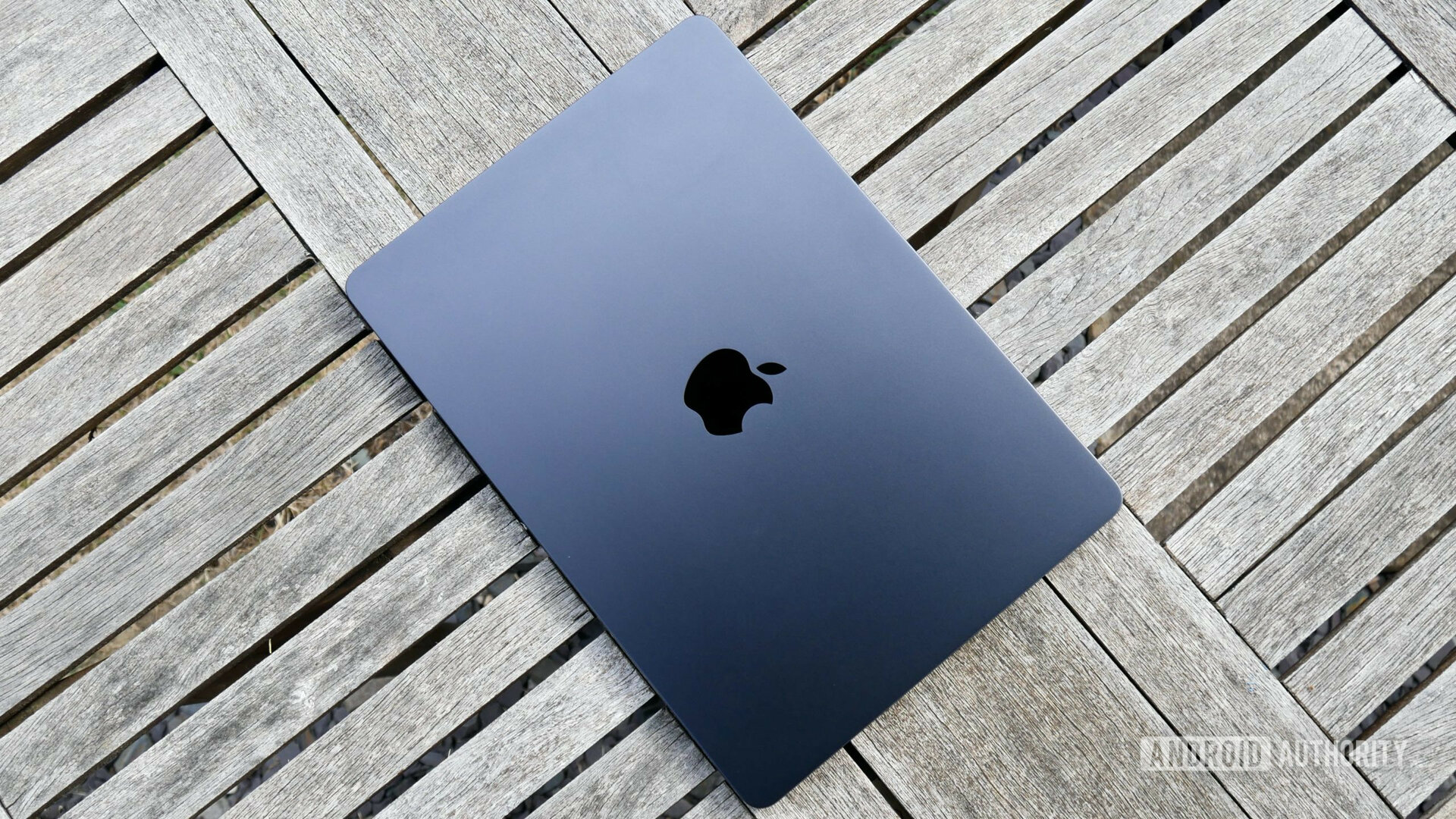Seattle startup Electric Era is raising more cash to fund its DC fast-charging systems that include giant batteries to help deliver and store power. A filing with the U.S. Securities and Exchange Commission shows that the company has raised nearly $8.9 million in debt.
Startups raise capital via debt financing to help pay for operations without giving up equity. An Electric Era spokesperson declined to comment on the new funding.
Electric Era launched in 2019 and previously raised $20.5 million from investors. Last summer the business moved into a spacious, 18,000-square-foot facility located south of Seattle’s downtown.
This past June, Electric Era and Washington state officials celebrated the opening of an eight-port, electric vehicle charging system at an A1 Gas and Food off State Route 530, north of Seattle near the town of Arlington. The station was co-funded by the Washington Electric Vehicle Charging Program, which is supported by the state’s Climate Commitment Act.
The company is steadily deploying its charging stations across the U.S. despite efforts by the Trump administration and Republican lawmakers to curb the EV sector. President Trump took steps in February to halt the National Electric Vehicle Infrastructure program, but last week his administration issued new guidance to states eager to apply for $5 billion worth of NEVI grants.
The GOP’s “Big Beautiful Bill” ends tax credits after Sept. 30 for consumers purchasing EVs, and it eliminates a tax break for EV charging infrastructure by the end of next year.
Electric Era’s strategy is to pair its stations with existing businesses. It has installed chargers at a Costco in Ridgefield, Wash., mini-marts in Oregon, a shawarma shop outside of Boston, and locations in California, Florida, New Mexico, Kentucky, Delaware, Tennessee and Missouri. Dozens of additional sites are in the works according to the company’s station map.
CEO and co-founder Quincy Lee touts the speed at which Electric Era stations are built and installed, and their affordability and reliability.
- It takes roughly six to eight months to deploy a station from the start of a project.
- The systems are slightly more expensive than Tesla, but at least 25% cheaper than other competitors, Lee said in October.
- Online, real-time tracking shows that the chargers are operational about 98% of the time. One of the challenges that have plagued other EV charging stations is how often they’re not functioning.
Fast-charging stations gulp electricity, but Electra Era’s inclusion of a battery storage system eliminates the need for new high-power grid connections for the chargers. It can also slash operating costs by up to 70%, the company reports, by drawing power from the batteries instead of the grid during times of high demand.
Each Electric Era charging device, which has ports for two vehicles, can deliver as much energy as is consumed by 200 homes. A typical station will have four chargers and serve about 150 cars per day.
Joe Nguyễn, director of the Washington State Department of Commerce, praised the Electric Era installation at the A1 Gas and Food site. Its opening was the first of 136 new public DC fast charger installations funded through the state’s program.
“This charging station is a result of collaboration between Washington state, private industry and local leaders to solve real-world challenges,” Nguyễn said in a statement. “It’s about cleaner air, stronger communities, and creating a more reliable EV experience for Washington drivers.”









